
Corrado Giaquinto cca 1725
Photo credit: http://www.corrado-giaquinto.org
The Christmas season ends today, January 6; it’s the Twelfth Day, it’s Epiphany, it’s the Feast of Three Kings – and it’s a Public Holiday in Croatia! All the more reason why most will not be missing out on red wine – for healthier blood!
Beside this day being the day when Christmas trees are taken down and decorations packed away for another year old Croatian traditions for this holy day are such a treat, especially to those who still practice them.
The Feast of Three Kings in Croatia has, through the ages, been characterised by: the blessing of water, sprinkling with blessed water, verbal lyric songs (both religious and worldly), visitations by masked “starmen” (Zvjezdari) and singers (Koledari), blessing of homes and apotropaic rituals (to ward off evil).
THE BLESSING OF WATER
It was obligatory for a Croatian Christian family to have a container of blessed (holy) water in the home, which has been dedicated to blessing at the church or in front of the church on the eve of Epiphany. Today, this water is still referred to as baptised or holy water in Croatia.
While the Catholics in Croatia blessed their water in the church; the priest would drop some blessed salt (which the people had brought there for blessing) into the water, make a sign of the cross over the container with water and drop a crucifix into the water for a few moments accompanied by prayer. The Orthodox Christians, led by a priest who held a cross, formed a procession and went to the nearest river or stream or a well, where they would set up a table upon which the blessing of water ritual was held.

Photo: zupa-marina.hr
For the sweet tooth – “Fritule” (doughnut balls with Sultanas) were/are the culinary delight of the day in Dalmatian region.

Photo:www.slatkirecepti.com
SPRINKLING WITH HOLY WATER
The sprinkling (using an olive tree or oak or fir tree small branch cutting) of homes, livestock, barns, fields, vineyards, beehives etc., with holy water occurred on the eve or on the very day of Epiphany. It was usual for the man of the house to sprinkle the livestock while the lady of the house sprinkled the garden, and outside the home… So, before sunup on the Feast of Three Kings the landlord would, praying, sprinkle with holy water his livestock and his wife, in the same manner, would sprinkle the garden and house surrounds. At about eight or nine in the morning it was time for late-breakfast (Zajutrak), which usually consisted of meat (from either head or shoulder part of the animal) and a half of “pita bread” (Pogača). Crumbs from the serving of this meal would be fed to the livestock, and the shoulder bone or head bones were laid down on the soil among the fruit trees (e.g. plum trees). In the afternoon, the man of the house went about sprinkling of fields, vineyards, beehives… In some parts of Croatia women kept the blessed water for years, topping it up each year as it was used, in the belief that the older the water was the more effective it was in warding off demonic beings: witches, werewolves…

“Pitabread”
STARMEN – SONGS
A frequent tradition associated with the Feast of Three Kings was in visiting of homes by “Starmen” (Zvjezdari) – three boys dressed as Kings, carrying a bright star in their hands and signing church hymns or other songs with which they invite the material and spiritual good for the household they visit. Giving of gifts to the “Starmen” was associated with this tradition also.

for the Feast Day of Three Kings/Epiphany
Photo credit: Wikimedia Commons
BLESSING OF HOMES
After the sprinkling with holy water of the garden, livestock, fields… had been completed a priest, with his ministrants, would visit the home to bless it; he used a holy water sprinkler. Up until 1980’s the priest would, above the top of the main house door, from inside, mark his blessing by writing in white chalk the letters “G + M + B (the first letters of the names of the Three Kings/ Gaspar, Melchior and Balthasar) as well as the number of the new year. In recent times, priests instead of chalk markings often use stickers.

Photo: http://www.novska.hr
APOTROPAIC RITUALS
Water is a magical source of power. In Christianity, water symbolises washing, cleansing and innocence. Slavonians (in Croatia) and other Slavonic people had the tradition of the ritual of swimming in a nearby river on the eve of Epiphany. It was believed that those who had swum would not suffer from Scabies in the coming year. Also, it was believed, that this was the best way of preventing the plague. Those who did not swim went and washed themselves in the nearby river.
On the day of the Three Kings people took coal, ash and unburned logs from Christmas period from their fireplaces and left them in their vineyard, fruit plantation or olive groves … this was meant to protect against bad weather and to bring about a good harvest. In some parts of Croatia this was also done to the sheds and barns with livestock – to protect them against diseases.

Reviving Epiphany traditions in River Sava, Zagreb
Photo: hrt.hr
So while these traditions are likely to be practiced in several rural areas of Croatia and perhaps in some towns – especially the singing part at peoples’ doorstep – all (except those who have forgotten tradition) will be taking their Christmas tree down today and most Croats will, for sure, practice the good old tradition of a rich feast, after the fasting, and chasing it down with some good red wine – for healthy blood and healthy blood flow! Cheers! Ina Vukic, Prof. (Zgb); B.A., M.A.Ps. (Syd)

Each King brought baby Jesus one gift:
Gold – in recognition of His Majestic Honour;
Frankincense – for the glory of His Heavenly nature and
Myrrh – because they believed that He was a man and
that He will die for the sins of the people.
Photo: glasistre.hr


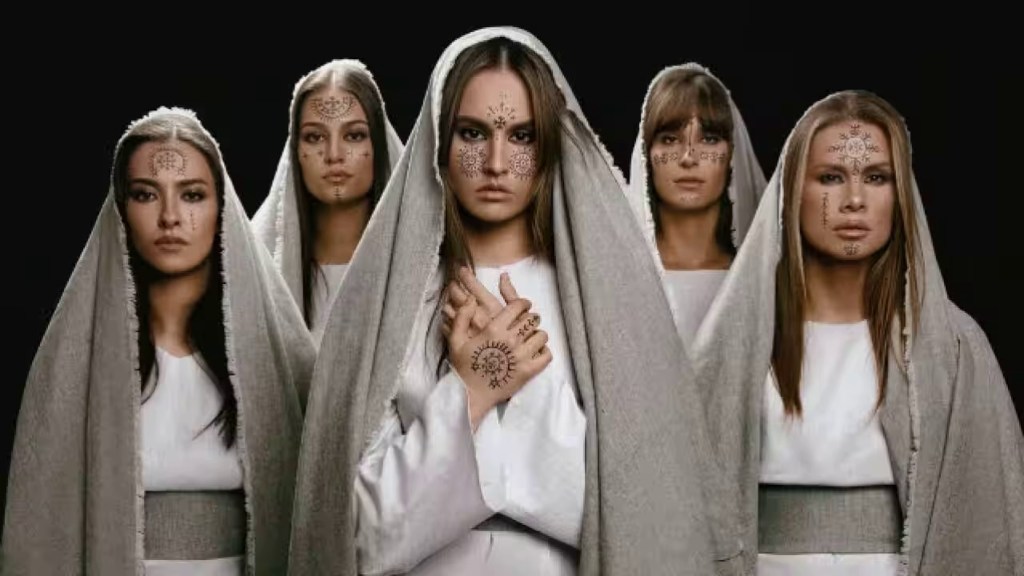
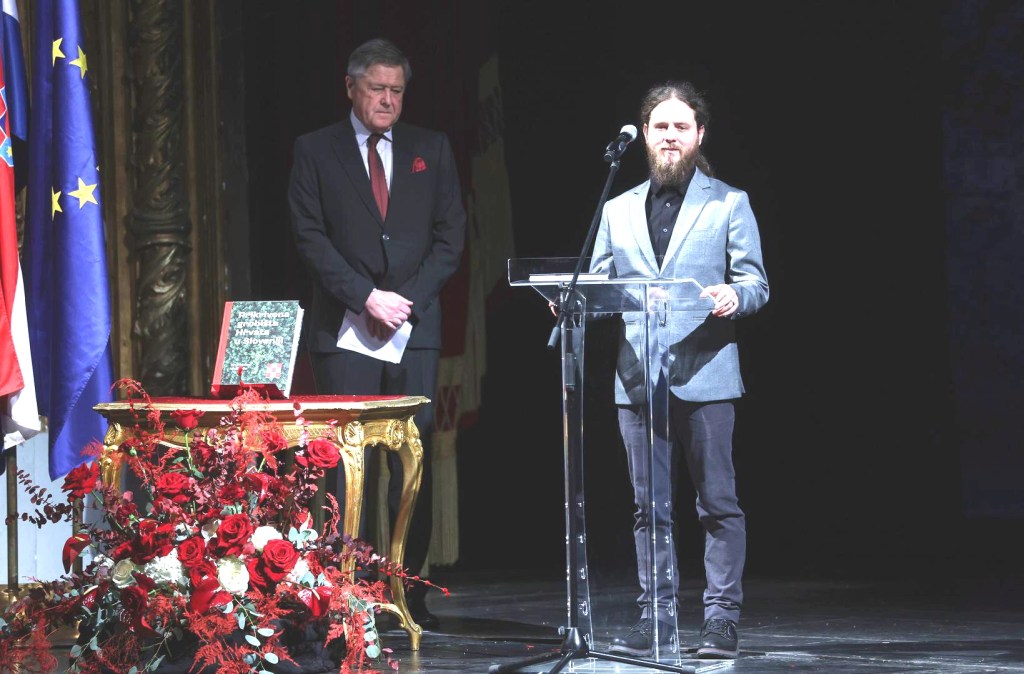
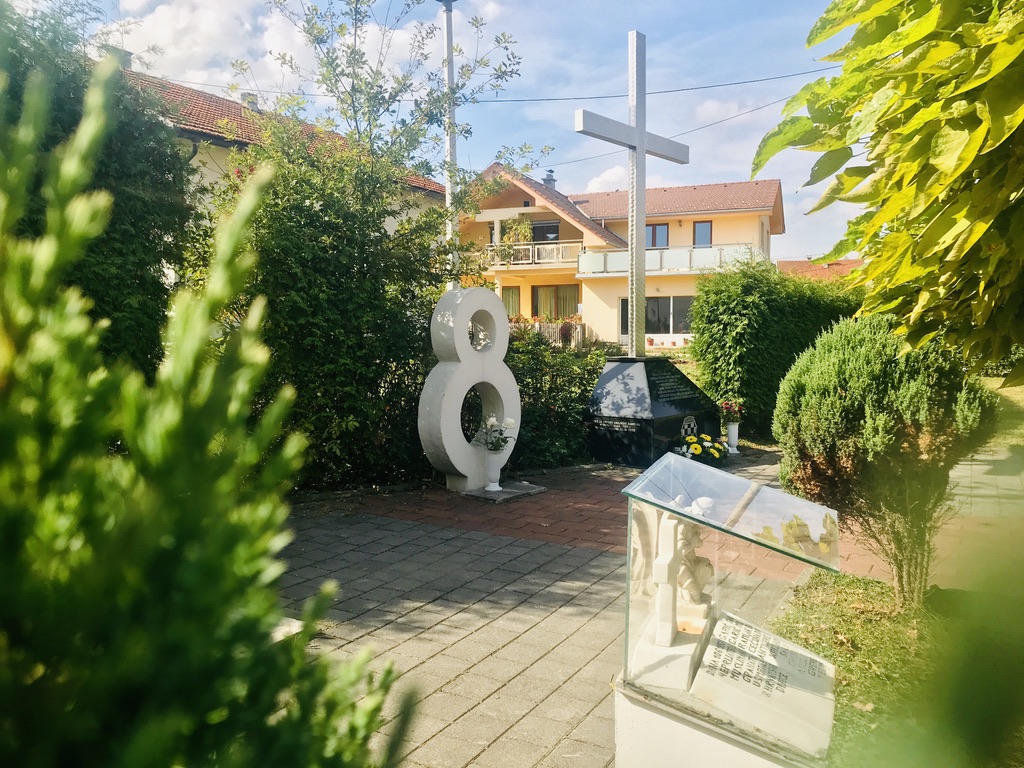
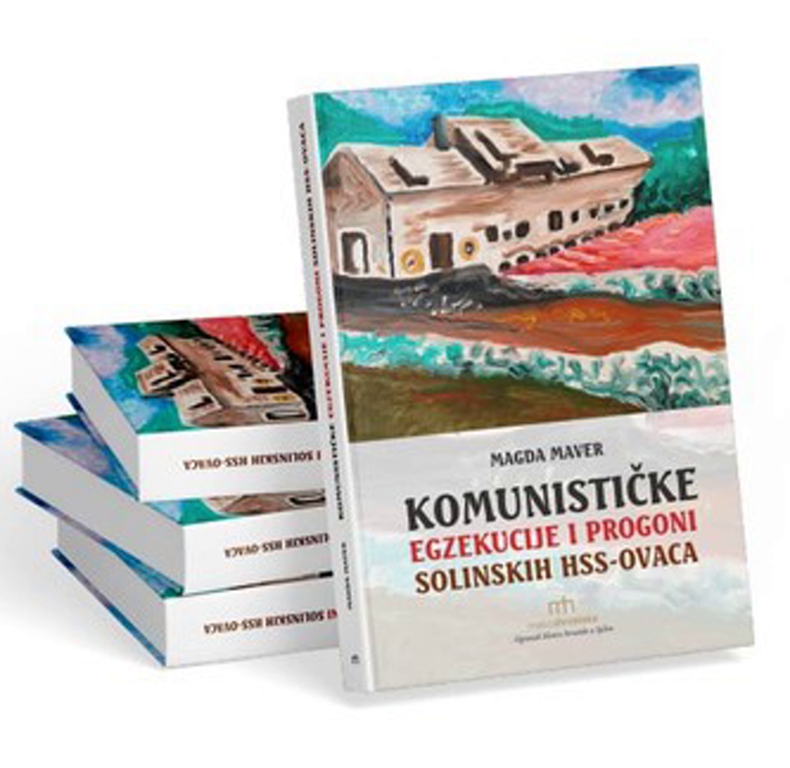

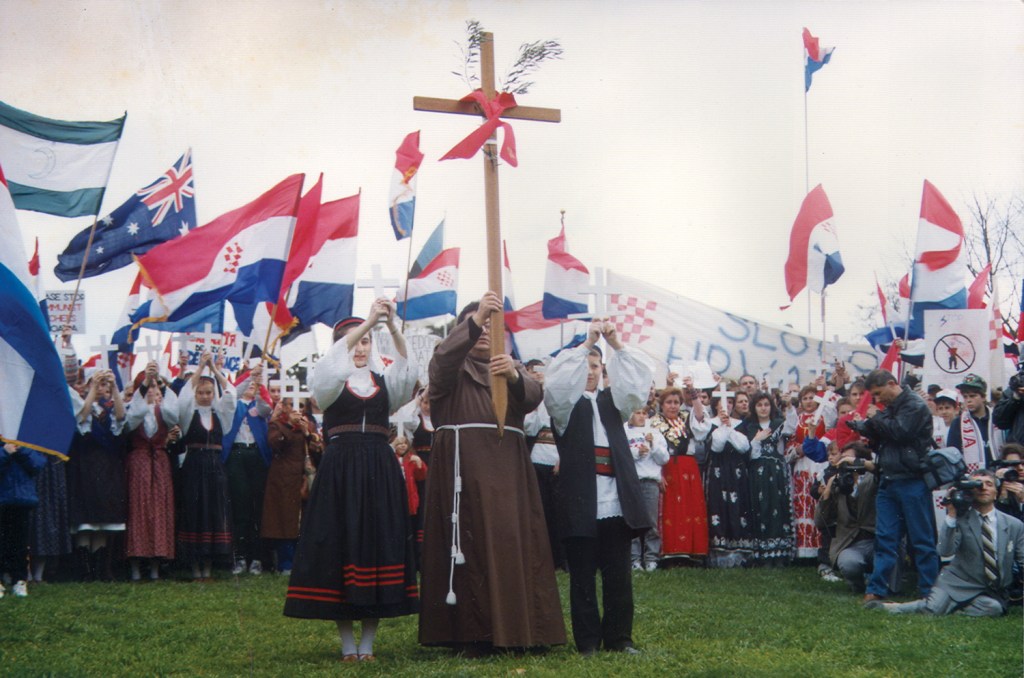
Leave a reply to inavukic Cancel reply